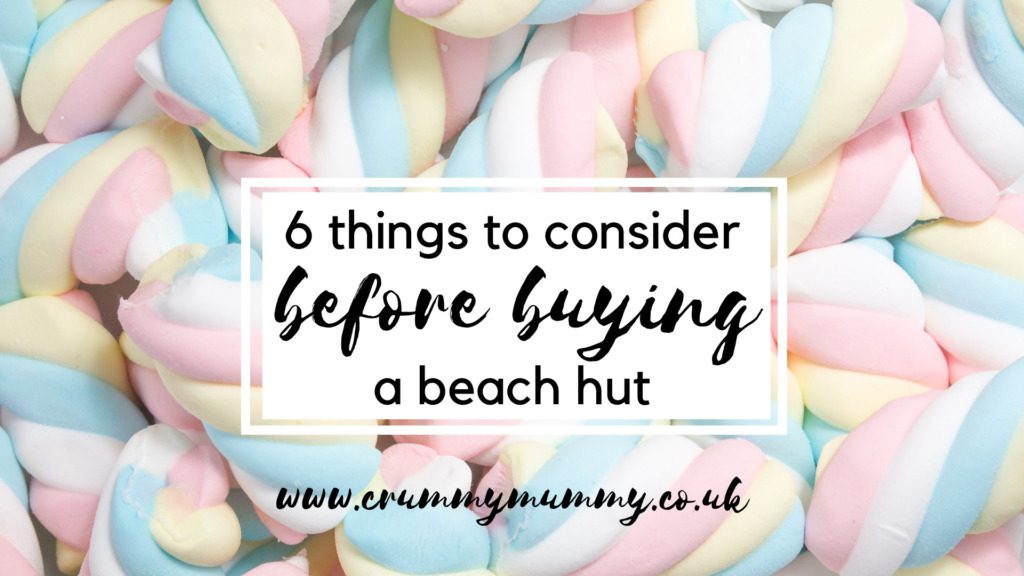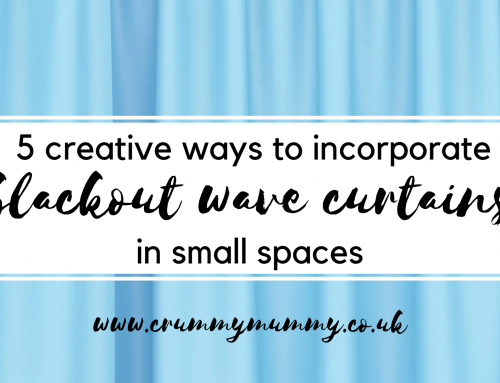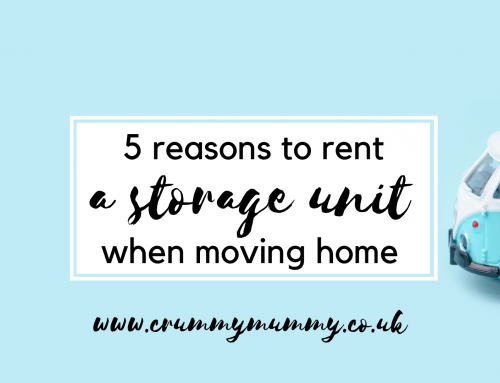Less than 20,000.
That’s how many beach huts there are estimated to be in the UK, and with staycations more popular than ever thanks to Covid and the cost-of-living crisis beach huts are becoming an increasingly attractive investment.

Buying a beach hut is the perfect way to secure your spot in front of the sea, and although they may be small, they aren’t cheap.
This post may contain affiliate links. This means if you buy something after clicking on a link, I’ll earn a few pennies to help me keep creating posts like this, at no extra cost to you!
If you’re a regular follower of the blog you’ll know we live by the seaside in East Sussex, and if you follow me on social media too you’ll know we’re very lucky to have the use of a beach hut.
There are a few things you need to consider before you buy a beach hut, so in this collaborative post with specialist insurance experts InsureMy here’s a round-up of some important things to consider.
Most importantly, don’t forget to get the best beach hut insurance you can to look after your gem on the beach!
6 things to consider before buying a beach hut
1. How much does a beach hut cost?
A beach hut can cost anything from £5,000 to over £300,000, depending on considerations like location, how far it is from the sea and local amenities. To illustrate the point: beach huts in Little Hampton, West Sussex can start at around £20,000. However, beach huts in Sandbanks in Dorset are much more expensive and one recently sold for a record-breaking £500,000! So, as with any big purchase, it’s essential to do your research. Some of the most popular seaside locations for beach huts are West Wittering (Chichester), Sandbanks (Dorset), Camber Sands (East Sussex), Bournemouth (Dorset), Brighton (East Sussex), Southwold (Suffolk) and Woolacombe (North Devon).
2. Should I buy a beach hut?
If you live near the coast and are looking for a regular summer getaway spot or a place to spend time with family, then purchasing a beach hut may be a great option for you. They tend to hold their value because they are quite hard to get hold of, and as we have outlined, they are increasing in popularity right now. However, there are expenses to consider. It might also possible to rent out your beach hut and earn an income too.
3. Overnight sleeping
Most councils don’t allow you to stay in the hut overnight. Freehold beach hut owners might be able to sleep in their huts, but there may still be some local restrictions. Those that allow overnight stays tend to be bigger super huts, chalets, or lodges, and have freehold tenure. This is one of the key differences between a beach hut and a chalet, for example. A beach chalet has a licence to be slept in overnight and a beach hut usually doesn’t. Finding out if you can sleep in a beach hut is relatively straightforward and a question that your local council can easily answer.
4. Building & contents insurance
The building insurance needs to represent the rebuilding cost of the hut, not the price you purchased it for, and in some cases, these can be quite different figures. It would be beneficial at this stage to speak to your local Beach Hut Association for advice on prices for newly built huts. Contents insurance covers the value of the contents you’ll keep in your hut. For example, furniture, camping/gas stove, sports and water equipment etc. You can compare quotes for the cover you need on InsureMy.
5. Regular expenses
Since beach huts are located near the coast, they are more vulnerable to damage from harsh weather conditions, such as heavy rain and high winds. So, budget for repainting costs every three years. It is also wise to have money put aside for general maintenance costs as well for things like shutter repairs. Keeping the hut safe and secure will also be your responsibility, so strong weather resistant locks will be needed.
Every beach hut owner needs to pay an annual licence fee, usually paid to the council. All beach huts are classed as non-domestic and therefore attract National Non-Domestic Rates (Business Rates). There may be a Capital Gains Tax (CGT) liability which would be incurred if you decide to sell the beach hut in the future.
6. Beach huts & bathrooms
Beach huts tend not to have any modern conveniences. So, there won’t be any running water, electricity, or toilets – which is why the position and location of your beach hut is important. Before purchasing a hut, do your research and find out where the following are:
- Nearest toilets
- Taps for water
- Communal outdoor showers
- Car parking
Animal lovers should also check if there are any pet restrictions as well.
Top tips
Do your research and speak to a beach hut association. With fewer than 20,000 beach huts in the UK, as demand rises, so should prices. A beach hut may well be a good investment as well as offering potential rental income and a nice place to spend the summer. But keep an eye on those extra costs and choose your location well. As for the British weather, that’s probably the least predictable part!
This is a collaborative post.

























Leave A Comment